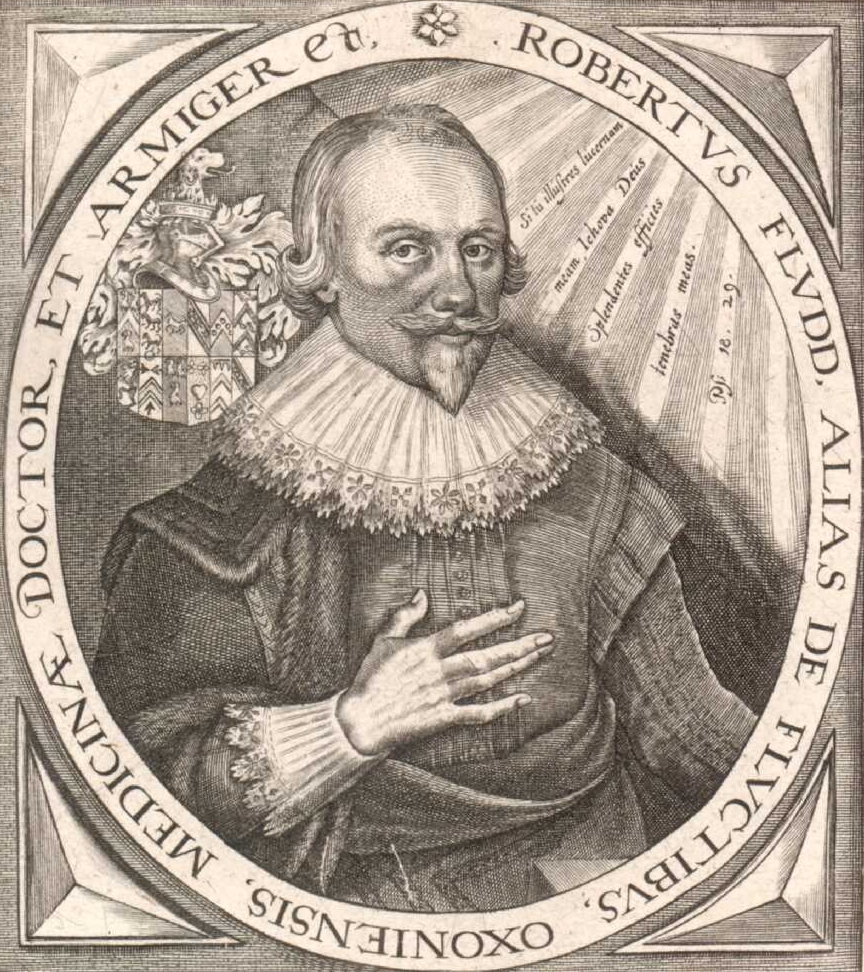Robert Fludd, cited in: Arthur Edward Waite (1887). The Real History of the Rosicrucians Founded on Their Own Manifestoes https://archive.org/stream/realhistoryofros00waituoft#page/290/mode/1up. p. 290
Waite commented: "Like others of his school, Fludd insists on the uncertainty of a posteriori and experimental methods, to which he unhesitatingly attributes all the errors of the natural sciences..."
Robert Fludd: Frases em inglês
Robert Fludd, cited in: Waite (1887, p. 291)
Robert Fludd, cited in: Waite (1887, p. 291); On arithmetic
Robert Fludd, cited in: Waite (1887, p. 290)
According to Waite: "In Medicine he laments the loss of that universal panacea referred to by Hippocrates."
Robert Fludd, in The Art and Practice of Geomancy: Divination, Magic, and Earth Wisdom of the , p. 24.
